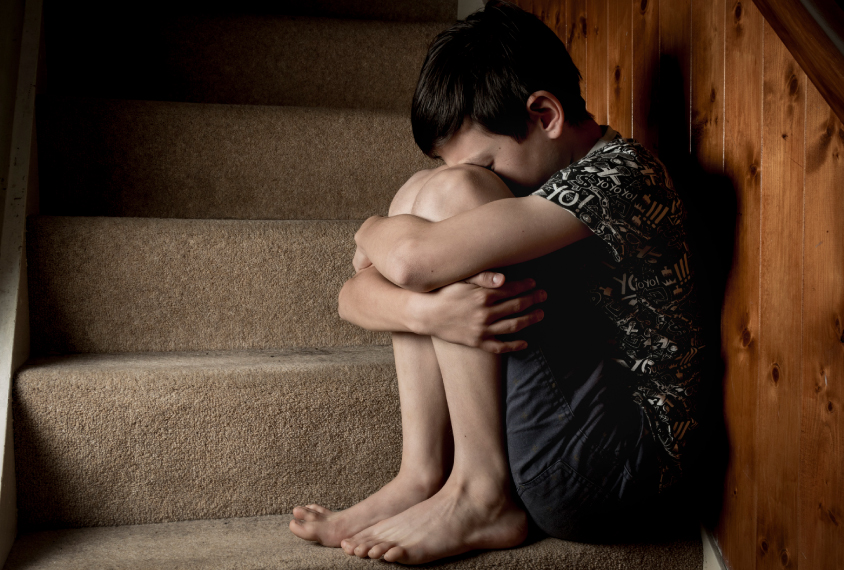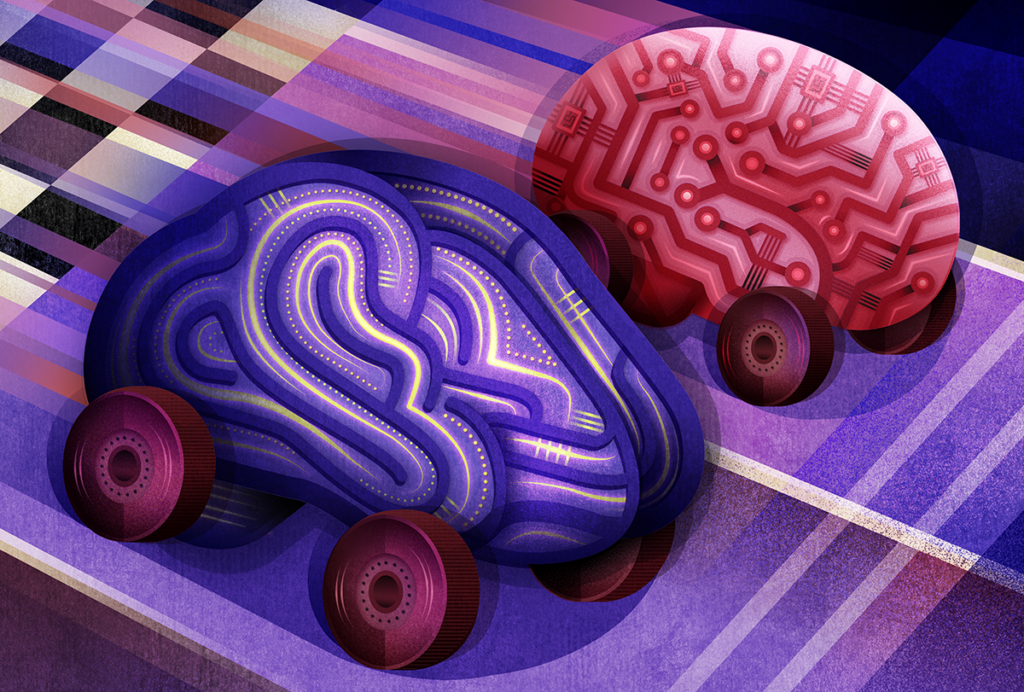
Anxiety may heighten social communication challenges in autism
Anxiety may exacerbate social communication problems in children with autism — and not the other way around.
Anxiety exacerbates social communication problems in children with autism — and not the other way around, a new study suggests1. The results indicate that treating anxiety early on may ease communication problems later in life.
Anxiety is common among people with autism2. The new study negates the popular notion that the social problems of autism worsen anxiety.
“It was exciting for me to not find what I was expecting,” says lead investigator Kirstin Greaves-Lord, head of the Autism Research Collaboration at Erasmus MC-Sophia Children’s Hospital and Yulius Mental Health in the Netherlands.
Children with severe social communication problems are no more likely than those with mild problems to develop anxiety, the researchers found. By contrast, toddlers and school-age children with autism who have anxiety have more severe social communication problems two years later.
“If we can do things environmentally or therapeutically to address [anxiety], we might make headway not just on anxiety but also the core problems [of autism],” says Susan White, co-director of the Virginia Tech Autism Clinic in Blacksburg, Virginia, who was not involved in the work.
One direction:
The study included 130 children with autism, who are part of the Social Spectrum Study, a large Dutch initiative led by Greaves-Lord. The researchers assessed anxiety using the Child Behavior Checklist and measured the severity of autism features using the Social Responsiveness Scale when the children were between 2 and 10 years old. Parents also filled out other questionnaires about various aspects of their children’s behavior.
The researchers conducted the same assessments about two years later in 79 of the children. They used a statistical method to uncover the relationships between anxiety, social communication, and restricted and repetitive behaviors at the two time points.
Children who have relatively high levels of anxiety have greater social communication impairments two years later, the researchers found. They found no relationship between anxiety and restricted and repetitive behaviors. The results appeared 27 October in the Journal of Child Psychology and Psychiatry.
Studies of anxiety and autism often involve comparing children of different ages at one time point, rather than following the same children over time. The latter approach is important for revealing causal relationships, says Lawrence Scahill, professor of pediatrics at Emory University in Atlanta, who was not involved in the work.
But the loss of 51 children at follow-up may have skewed the results, he says. The children who returned for follow-up were younger on average than those who dropped out of the study, and more likely to be of Western European descent and come from a two-parent household. The effect of this bias on the results is unclear.
If the study’s conclusions are correct, applying them in the clinic is not straightforward. There are no medications approved for treating anxiety in people with autism and just one vetted therapy (a version of cognitive behavioral therapy). “If [the researchers] are right that early indicators of anxiety portend higher social disability later, then we better get on the stick,” Scahill says.
Greaves-Lord and her colleagues are testing a Dutch version of a therapy called PEERS in people with autism. The program is designed to improve social skills in adolescents and young adults with autism, and may ease anxiety in the process. The team aims to eventually study how this and similar treatments ease anxiety.
References:
Corrections
A previous version of this article incorrectly described the 51 children who dropped out of the study.
Recommended reading

New organoid atlas unveils four neurodevelopmental signatures
Explore more from The Transmitter
Snoozing dragons stir up ancient evidence of sleep’s dual nature



